Gosport hospital deaths: Police conduct interviews
- Published
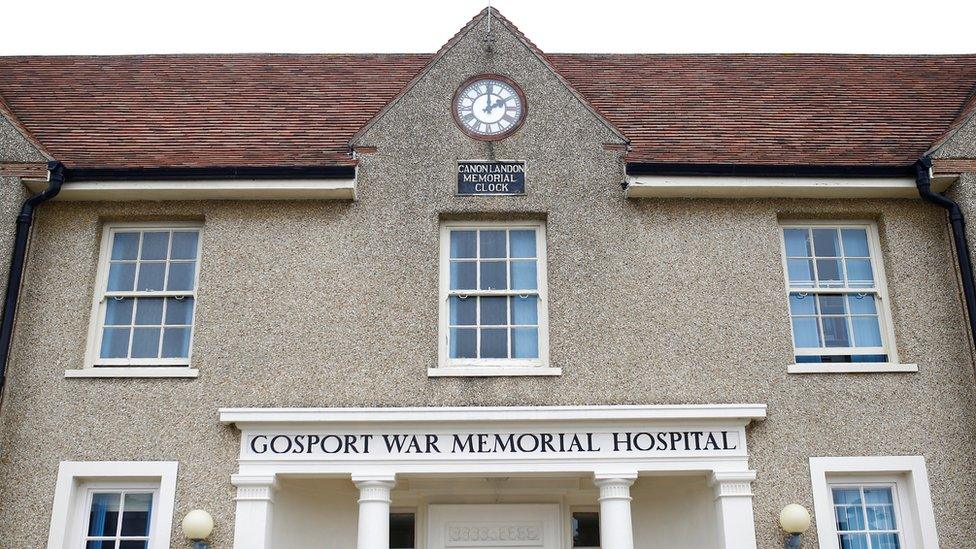
More than 450 patients died after being given painkilling drugs at Gosport War Memorial Hospital
A police investigation into hundreds of deaths at a hospital is set to interview a "number of people" about their alleged involvement.
A report found 456 patients died after being given opiates inappropriately at Gosport War Memorial Hospital between 1987 and 2001.
Operation Magenta was launched by police in 2019 to investigate.
Police announced they were proceeding with the interviews at a meeting earlier with the affected families.
A 150-strong team has been carrying out the "most complex and significant investigation of its nature in the country" as it examines the deaths at the hospital.
Investigators have three million separate items to scan, store and review, including 700 patient medical records, and witness statements from more than 1,000 family members.
'Maintaining trust'
Deputy Assistant Commissioner Neil Jerome said the formal questioning of people marked a "significant step", and was the "result of many months of thorough and meticulous work".
He added: "The families of those who died are at the heart of everything we do; it has been important to see families today and speak to them about this latest development.
"We remain committed to building and maintaining trust and confidence among them and will continue to keep them updated on the progress of the investigation.
"It is however important to remember an interview under caution grants those identified the legal protections to account for their alleged actions. It is in no way an implication of guilt."
Medical experts will be on hand to provide specialist advice to investigators, police said.
Persons of interest have been notified and contact made with their legal representatives.
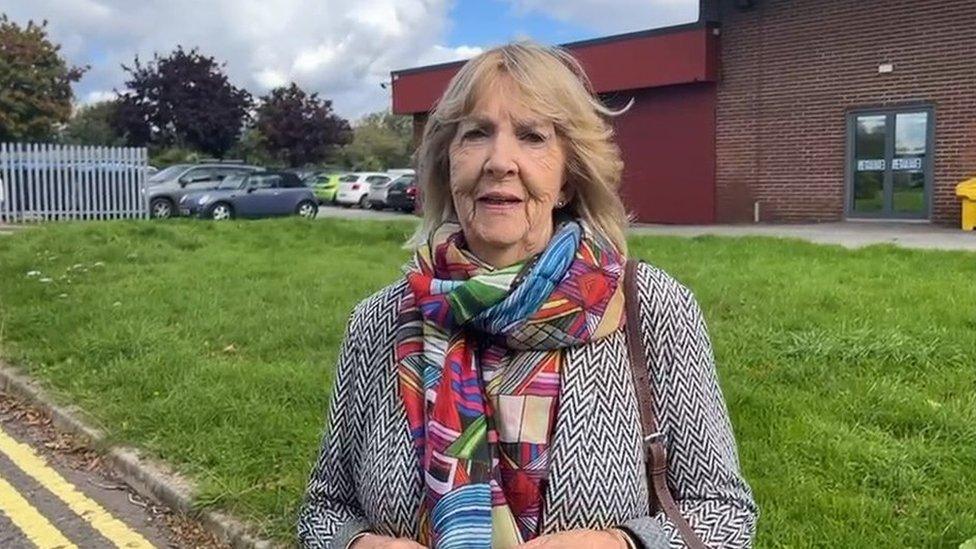
Marjorie said the choice of a leisure centre to make the police announcement was "hardly appropriate"
Speaking to the BBC after the meeting at Fareham Leisure Centre, Marjorie Bulbeck, whose mother Dulcie Middleton died at the hospital, said she was reassured by the police update but waiting for a verdict was "very frustrating".
She said: "We're all getting older, there are a lot of people who are not at the meetings now who were there at the beginning who have obviously passed away, and if this goes on much longer there will be less people.
"I was in my late 50s when my mother died, I'm now 80. I should not have had to go through this all these years and all these other people shouldn't have gone through it either."
She also said the leisure centre was "hardly appropriate to hold this kind of meeting".
Families have previously questioned why a coroner has delayed the inquests into deaths at the hospital until a police probe has concluded.
Emma Jones, partner at Leigh Day Solicitors, which represents the families, said they welcomed the decision to begin formal questioning.
She added: "We hope the process will not take too long because inquests were adjourned until after the conclusion of the police investigation and many of the families who have been waiting for these processes to conclude are themselves elderly.
"Families are still hopeful that the Attorney General will authorise a Hillsborough-type judge-led inquiry into the deaths at Gosport Hospital."
The 2018 report into the deaths found there was a "disregard for human life".
Dr Jane Barton oversaw the practice of prescribing on the wards and is the only person to face disciplinary action, after being found guilty of failings in her care of 12 patients between 1996 and 1999.
But no prosecutions were brought and she was not struck off the medical register, choosing to retire after the findings.
Operation Magenta is made up of police officers and staff across the UK under the direction of Kent Police.
It has not disclosed how many people it is interviewing.

Follow BBC South on Facebook, external, Twitter, external, or Instagram, external. Send your story ideas to south.newsonline@bbc.co.uk, external.
- Published22 November 2021
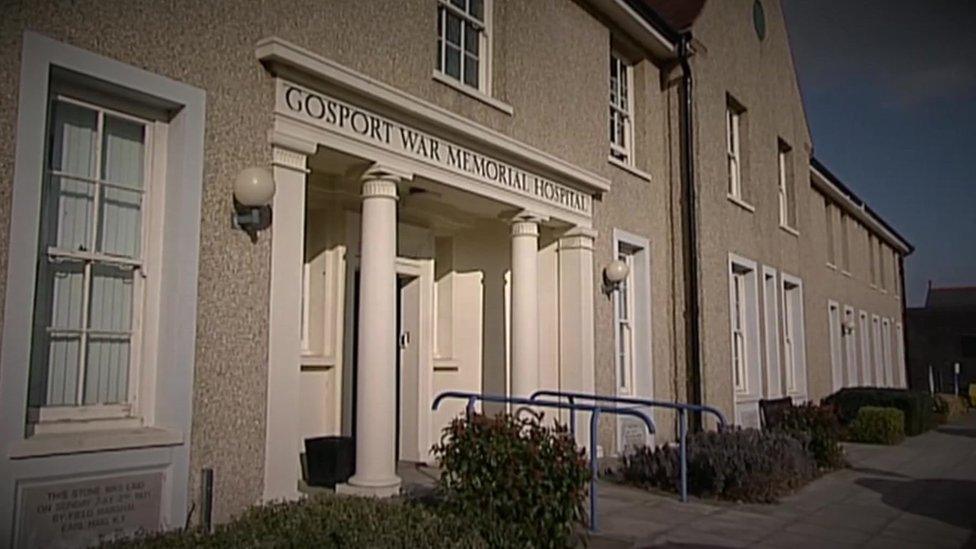
- Published15 March 2021
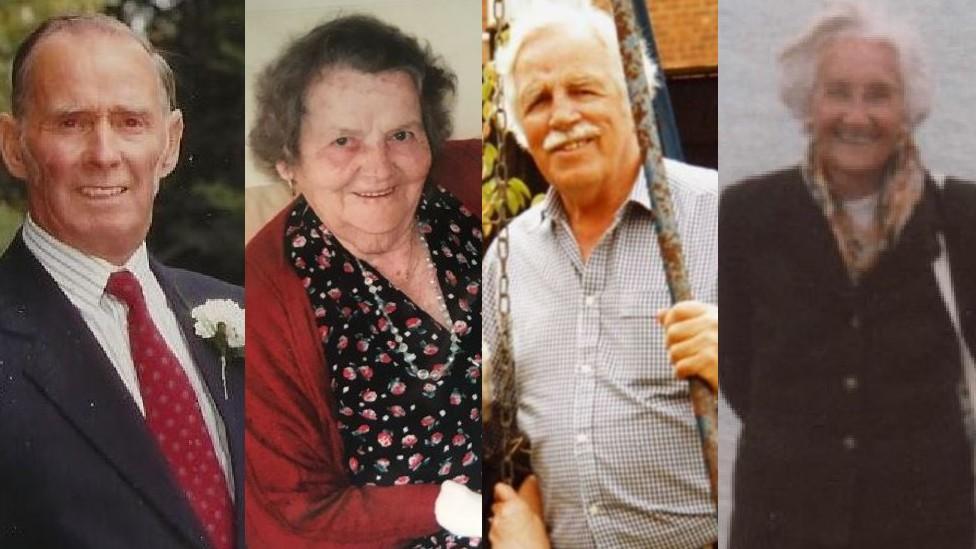
- Published5 February 2021

- Published16 November 2020
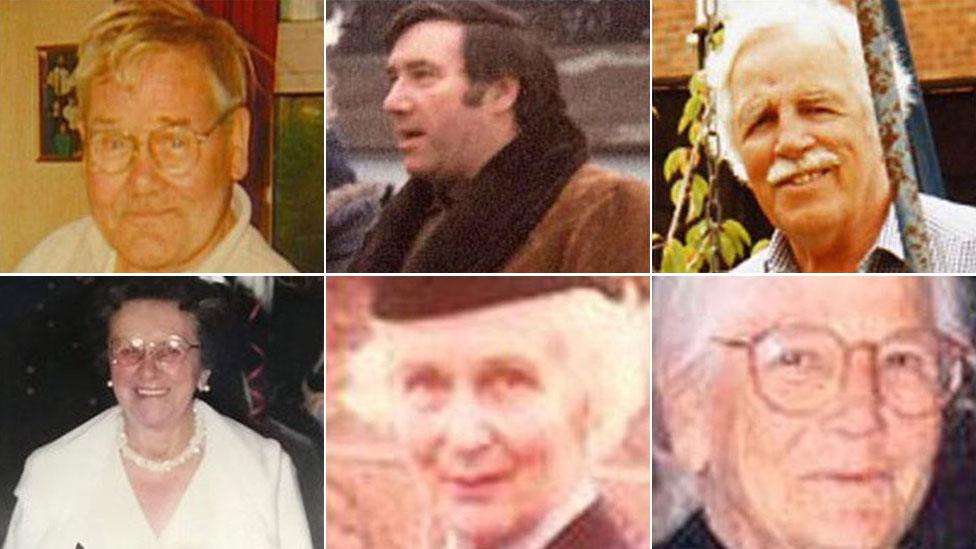
- Published20 January 2019

- Published19 June 2018
- Published20 June 2018
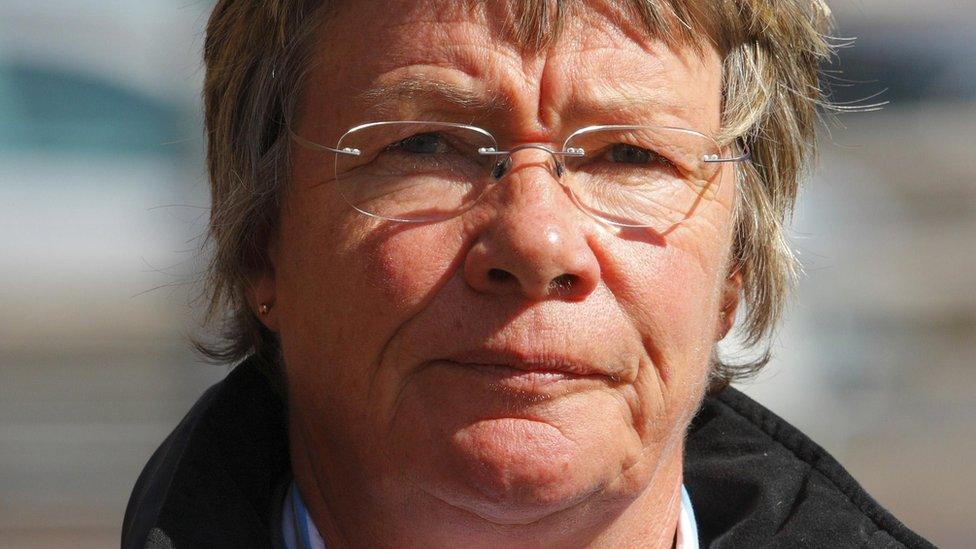
- Published20 June 2018
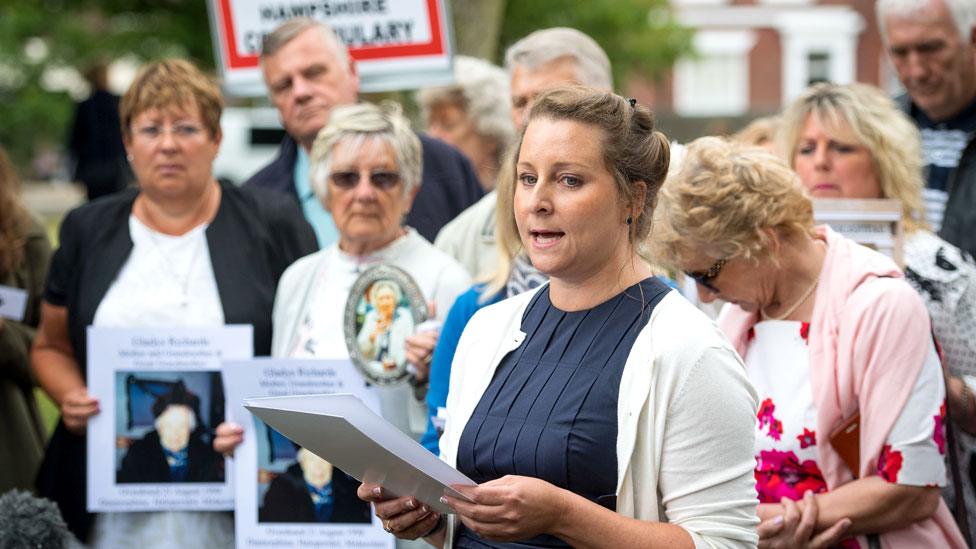
- Published20 June 2018